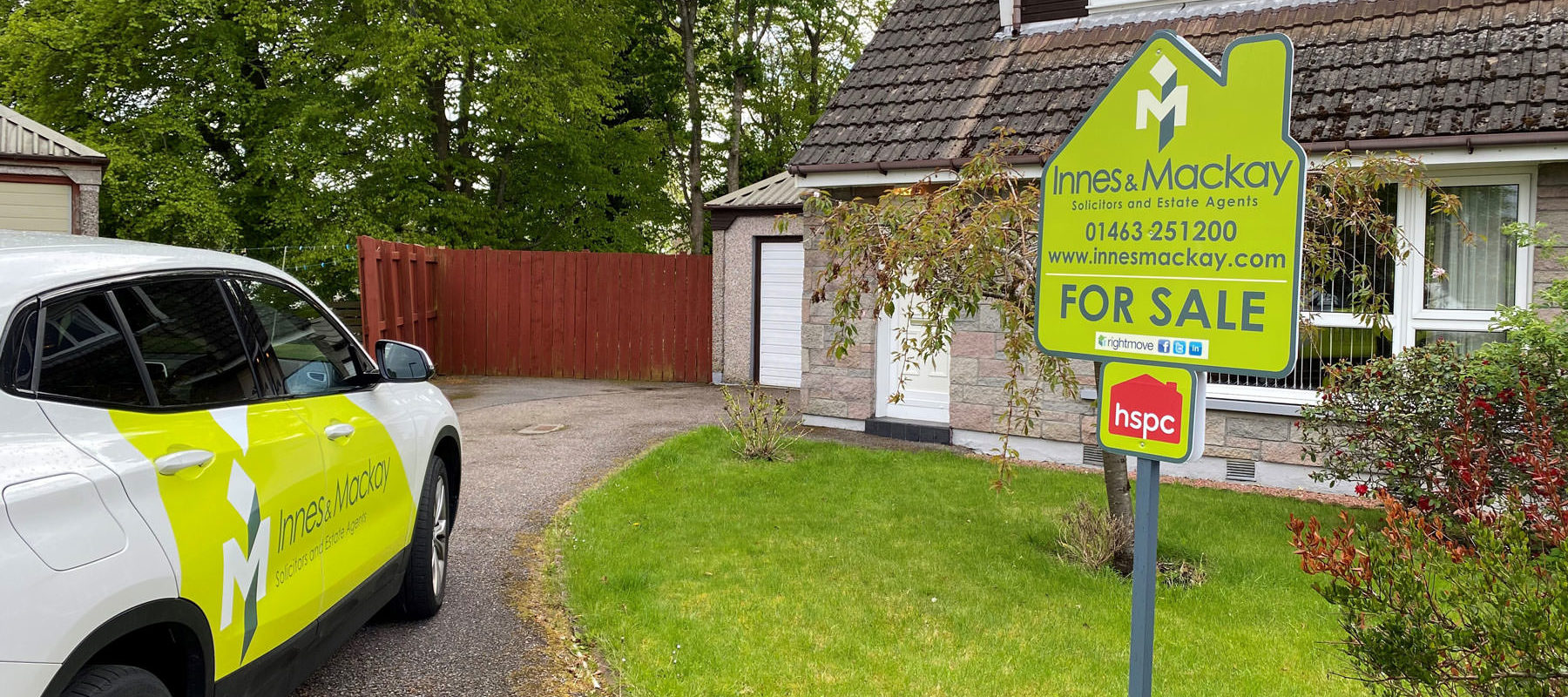When you’re buying or selling a house, there’s lots to consider. And nothing makes any decisions more difficult than hearing terms and jargon that don’t seem to make any sense.
At Innes & Mackay, we explain things in real, simple-to-understand terms, leaving you in no doubt of where you stand. Read on to find out more about some common terms in buying and selling property – and what they really mean.
What is a closing date?
A closing date is used by a seller when there are multiple parties interested in purchasing their property. The estate agent advertising the property will advise the seller of when they should or should not set a closing date.
All interested parties are invited to submit their best and final offer to the seller’s estate agent at a specified time and date. This is essentially a blind bidding process, and no offers will be considered until the closing date has passed – nor would any new offers be considered afterwards.
The seller and their estate agent will then discuss all offers received and select the one that best suits their circumstances.
It is a common myth that the seller will accept the highest offer, however this is not always the case. The seller will also take into consideration what conditions are contained within the offer, the price, and when the purchaser can complete the transaction.
After a decision is made, the property is listed as being under offer…
When is a property listed as under offer?
A property is marked as under offer when a seller has verbally agreed to accept a purchaser’s offer, and is happy with the conditions contained within it.
This means the seller and purchaser are actively working together – with their appointed solicitors – to conclude a contract for the sale.
It is important to note that a verbal acceptance does not make a sale legally binding.
A contract starts with the purchaser’s offer. It is common for an offer to be conditional upon certain events – for example, it may be subject to obtaining a mortgage or to the sale of another property.
The seller’s solicitor then obtains their instructions on the offer and issues their written acceptance. This will often propose or change completion dates and any conditions contained within the offer.
The deal is still not legally binding at this point, as the purchaser must accept these amendments – or propose more of their own.
When the terms of acceptance are agreed by both parties, the purchaser’s solicitor will issue a concluding letter – making the sale legally binding.
At this point, the property will be marked as sold…
When is a property listed as sold?
A property is marked as sold when the contract for the sale has concluded.
This means that the seller and purchaser have reach an agreement in writing and will not be in a position to withdraw from the transaction without substantial financial penalty.
The property is removed from the market and the purchaser will obtain the keys to their new home on the agreed completion date.
If you require assistance buying property or selling a house, our estate agency and conveyancing teams are with you all the way. Contact us today to find out more about how our 150 years of property experience in the Highlands can benefit you.



